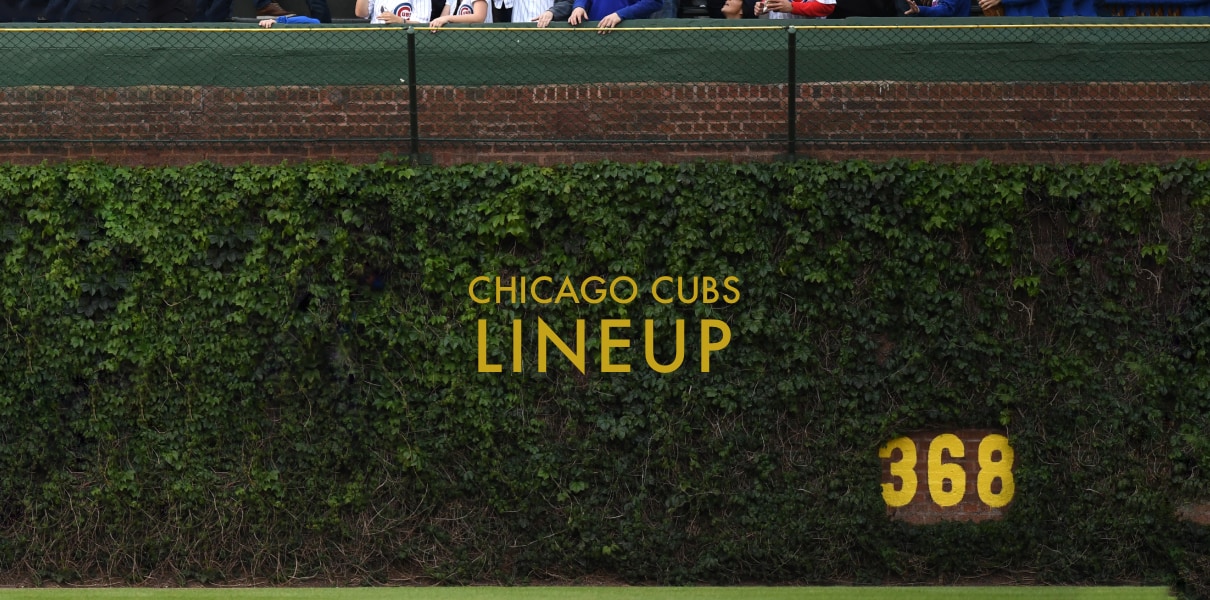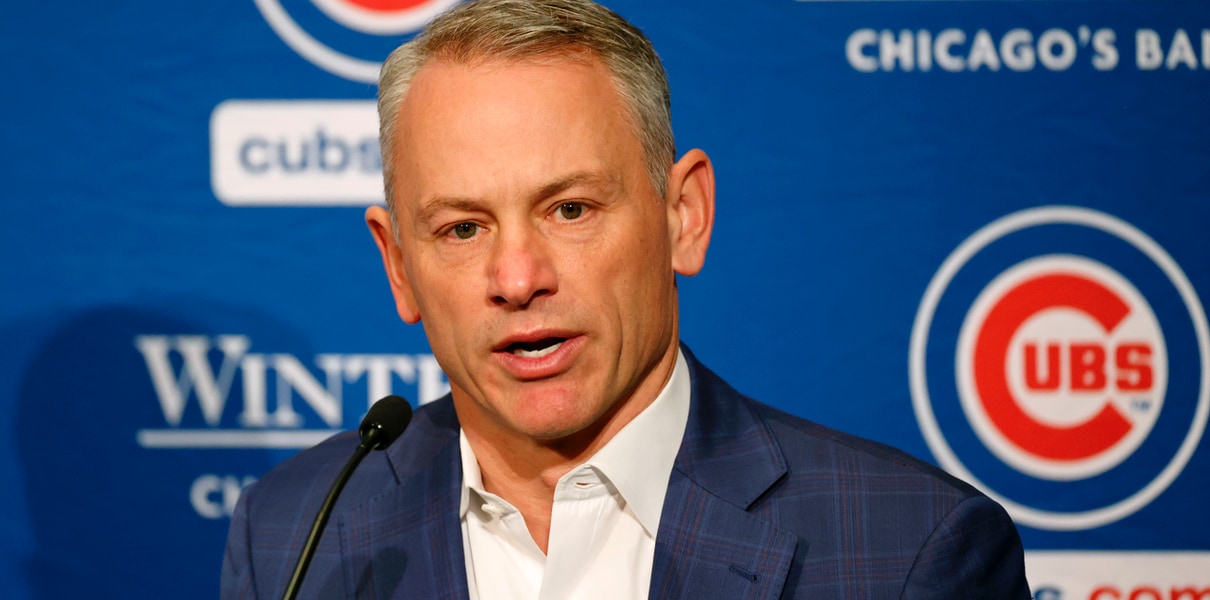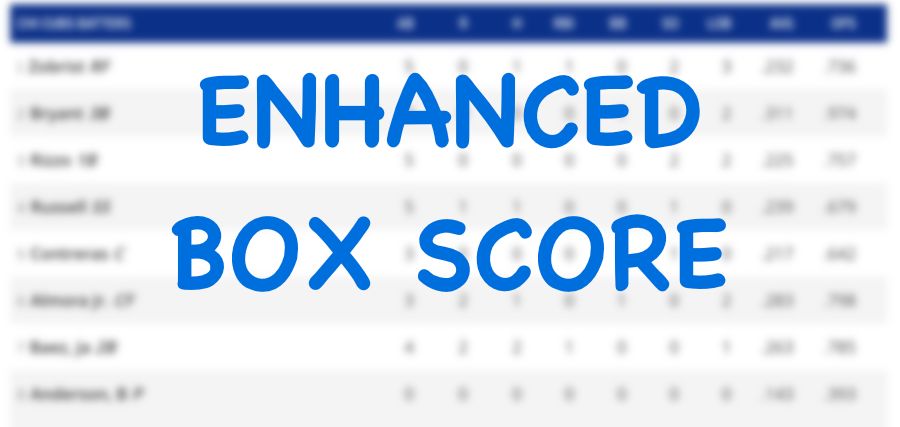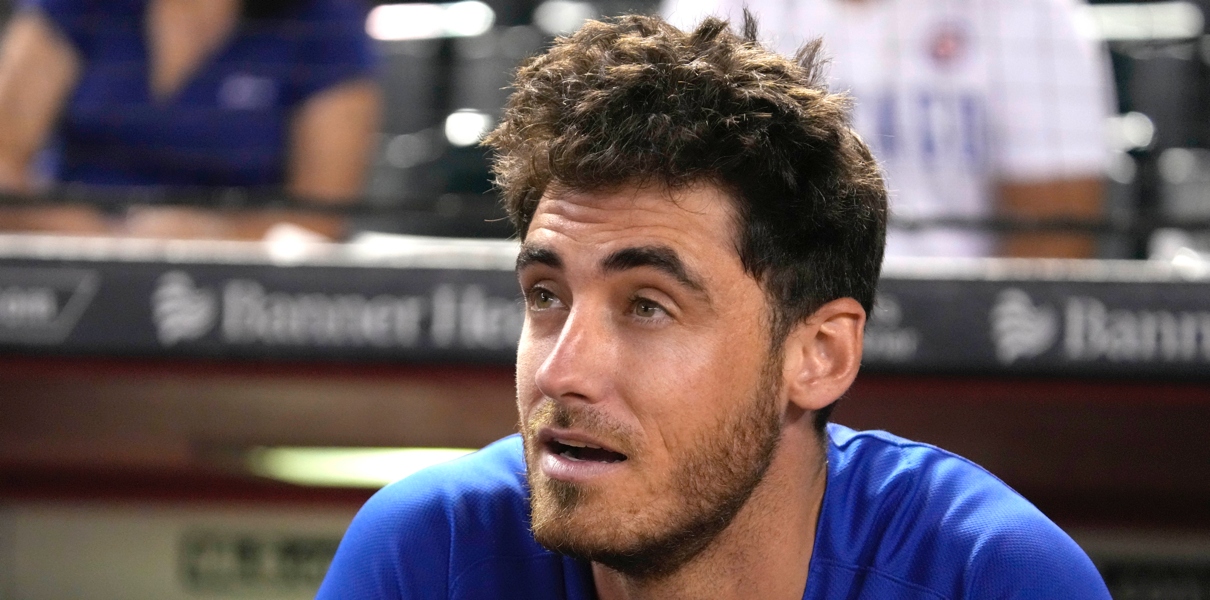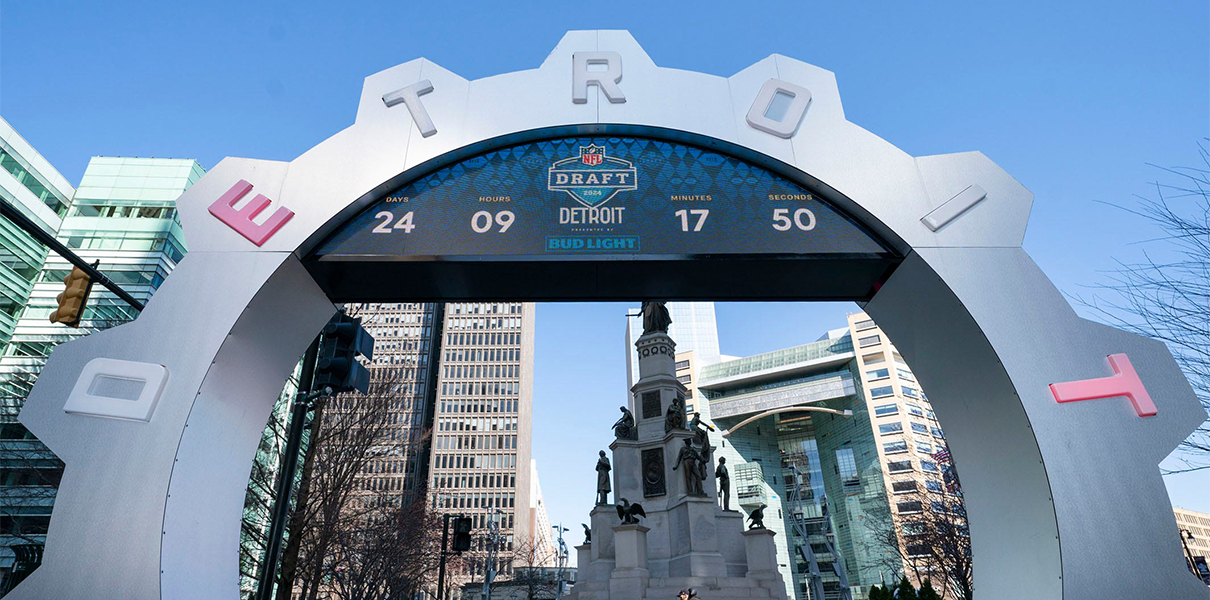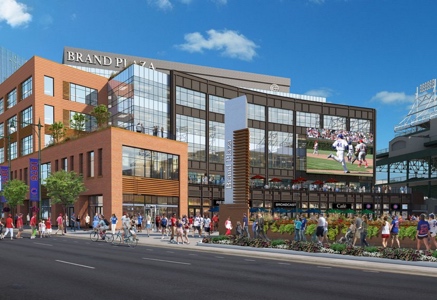
The new outdoor plaza, set to open ahead of the 2017 season, has become a point of contention between the bar owners and the Cubs, because, among other reasons, of fears that patrons will take their business from the bars to the plaza – which will also sell alcoholic beverages. More specifically, according to this interesting DNAinfo read, some bar owners are worried that the Cubs will sell particularly cheap beer in an effort to attract consumers into the plaza and ultimately Wrigley Field – something the bar owners can obviously not provide.
[adinserter block=”1″]Further muddying the waters is the large expected capacity of the plaza. With the ability to accommodate something like 4,000-6,000 people, the plaza has nearly 50% the capacity of all the Wrigleyville bars combined. That would certainly present an issue.
Mike Lufrano, the Cubs Vice President of Community Affairs, disagrees that the plaza will directly subtract customers from the surrounding bars.
“They’re people who are already there [at Wrigley Field],” Lufrano opined in the DNAinfo piece, indicating a belief that the plaza might be primarily serving people who intend to otherwise enter Wrigley field. Comments like Lufrano’s might serve to reinforce the proposed rules of preventing liquor sales during and immediately after Cubs games – times when surrounding bars make the most money.
This is a relatively difficult issue to take sides on, even for Alderman Tom Tunney. At the end of the day, he must consider not only the interests of the Cubs and the bar owners, but also the consumers and locals who might actually want a significant (and liberated) Cubs plaza to attend and utilize.
I agree with the bar owners in that the plaza will have exceptional draw power, but I disagree with any conclusion that that is necessarily bad for business. For it to be bad for business, you have to assume that the number of consumers in the area is remaining stagnant and are simply taking their business from one of the bars to the plaza. The alternative, though, is that extra customers might come to the area for the “new plaza” and stay for the surrounding bars and environment (especially on non-game days). So, in the long run, it’s possible that there are more total consumers than ever before. But it’s not hard to understand why that’s not a gamble they’d prefer to take.
[adinserter block=”2″]The Cubs, the neighborhood and the City have navigated these waters for some time now. I’m sure they’ll come to an amicable solution eventually, even if it’s uncomfortable in the near term. All I want is what’s best for the regular consumer and Cubs fan. Whether that is a more liberated plaza or one with stricter rules and more lively, healthy Wrigleyville remains to be seen. Perhaps they’re not mutually exclusive.
[Brett: For me, I love the idea of the plaza as a place to spend some time meeting up with folks and having a beer – or perhaps taking my family there – but I certainly wouldn’t want to see the Wrigleyville bars go away, because that experience is fundamentally different. So, in that regard, I’m sensitive to any concerns that the plaza could put any bars out of business. At the same time, though, I get pretty uncomfortable reading that DNAinfo piece and thinking about the possibility that you have competing businesses telling a government representative that they need him to help set the prices that the Cubs can charge for alcohol. That just seems … not right. This is a pretty complicated issue, and we’re just going to have to see it play out over the next several months and years.]




